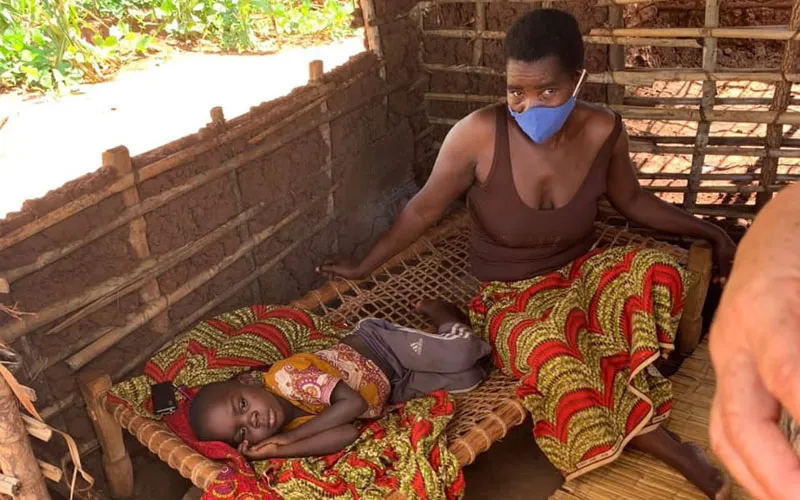Maputo, 07 November, 2021 / 9:15 pm (ACI Africa).
The leadership of the Catholic peace foundation, Denis Hurley Peace Institute (DHPI), has faulted the growing international narrative that Islamist Jihadists are behind the ongoing insurgency in Mozambique’s Cabo Delgado Province.
The peace foundation joined other leading Civil Society Organizations (CSOs) that are researching the Mozambican crisis to compile a report detailing the drivers of the conflict in Cabo Delgado.
All CSOs behind the report, “Humanizing Security in Cabo Delgado: A CSO Report on the Drivers of Conflict and its Impact”, agreed that the Mozambican crisis is hinged on economic interests and that it does not have anything to do with jihadism.
DHPI Director Johan Viljoen told Africa service of Vatican Radio that locals who spoke to the peace entity maintained that the Mozambican government is using violent means to drive people from their land, which will then be given to investors in the mining sector.
“We became concerned about the fact that if you look at the International discourse about what’s happening in Cabo Delgado, it all comes from Chatham House and from the US State Department,” Mr. Viljoen said, and added that the narrative of Islamic Jihad as the root of violence in Cabo Delgado has dominated the international discourse about the Mozambican Province.








